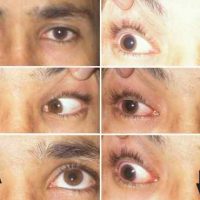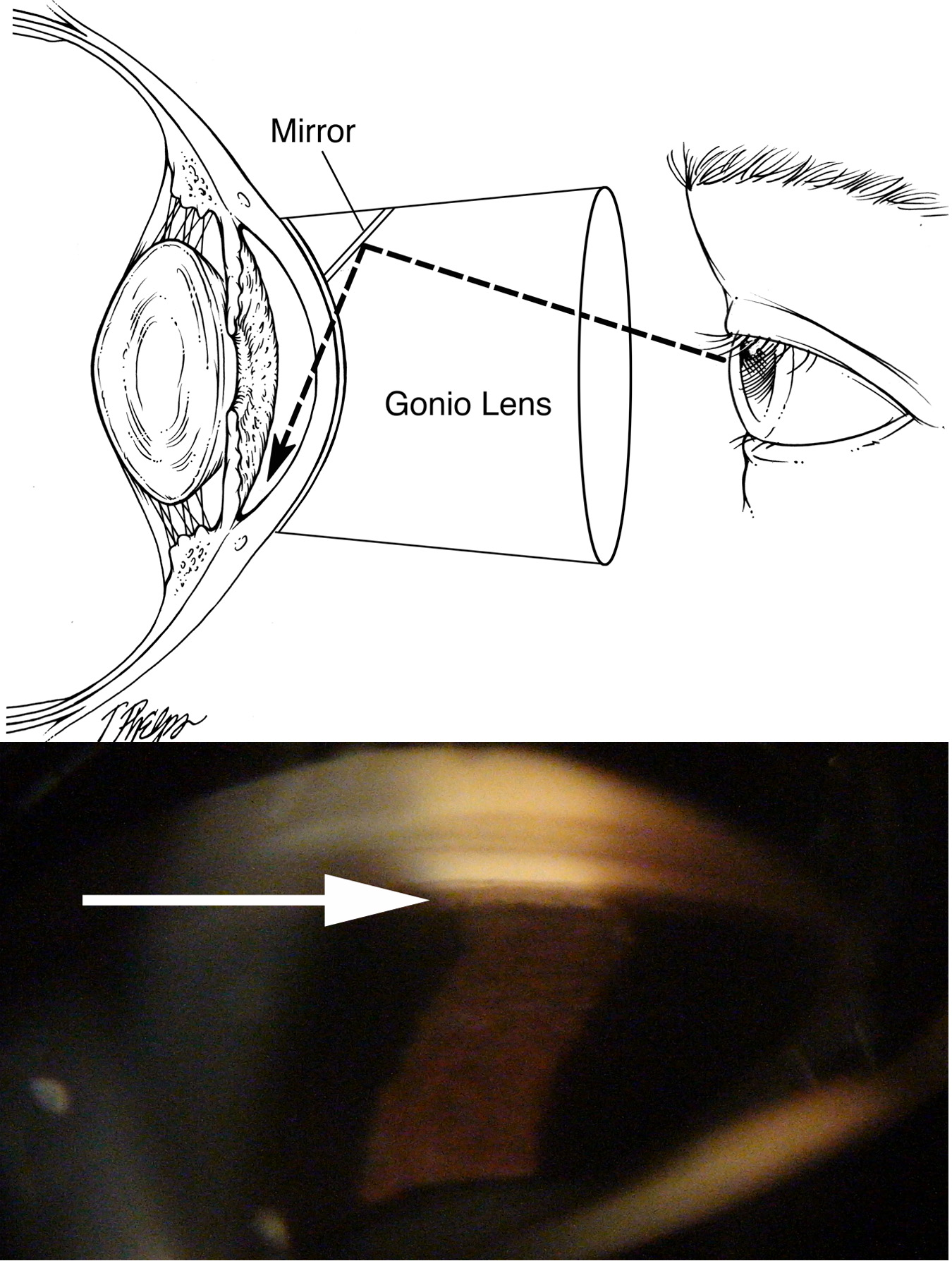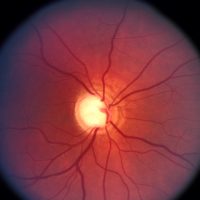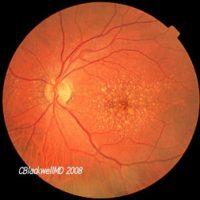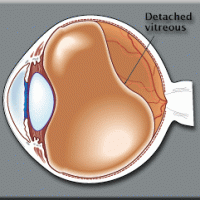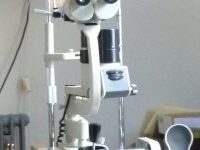What to expect after Cataract Surgery
10 Feb 2014Modern advancements have made small incision cataract surgery one of the most successful procedures done in medicine today. Healing after surgery depends on the cooperation of the patient, when you return to your home plan to spend the day [...]
Cranial Nerve 4 Palsy
5 Feb 2014Fourth nerve palsies effect the superior oblique muscle (trochlea) only. The main difficulty is diplopia when trying to read. The deviation or hypertropia is most noticeable on downward gaze. Often there will be a head tilt More [...]
My Bell's Palsy Story
5 Feb 2014I DO NOT OWN THIS SONG Add me on Twitter! @Caitlizzy_ I wanted to make a video of my story because you don't see too many on here. I got Bell's Palsy when I ... Bells Palsy is a weakness or paralysis of one side of the face inability to close one [...]
Angle Closure Glaucoma or Acute Glaucoma
5 Feb 2014Closed Angle Glaucoma accounts for less than 10% of glaucoma cases in the United States, but as many as half of glaucoma cases in other nations (particularly Asian countries). About 10% of patients with closed angles present with acute angle [...]
Glaucoma - The Silent Thief of Sight
5 Feb 2014Glaucoma is a disease that damages the eye's optic nerve. If you have glaucoma, the aqueous humour does not flow out of the eye properly. Fluid pressure in the eye increases and puts stress on the ganglion cells as they turn into the optic nerve.[...]
Macular Degeneration affects the central vision. People with Macular Degeneration Don't GO COMPLETY BLIND the side vision normally remains. GREAT SHOT Age-related macular degeneration (AMD) usually affects older adults and results in a loss of[...]
posterior vitreous detachment (PVD) is a condition of the eye in which the vitreous membrane separates from the retina. Broadly speaking, the condition is common for older adults and over 75% of those over the age of 65 develop it. Although [...]
Those Eye Floaters Live Inside You!
4 Feb 2014Have you ever seen something pass through your field of vision? Or maybe you see spots when you close your eyes. The eye is full of liquid "The Aqueous" anteriorly and a clear jelly "The Vitreous" behind the crystaline lens. Often[...]
The Slit lamp (Bio microscope) would be the most necessary piece of equipment for an eye exam, the cornea, eyelids, anterior chamber and crystalline lens can be examined under various magnifications. The Retina and vitreous can be examined [...]
Location & Contact Details
© 2017 - 2025 Noel Templeton Optometrists



